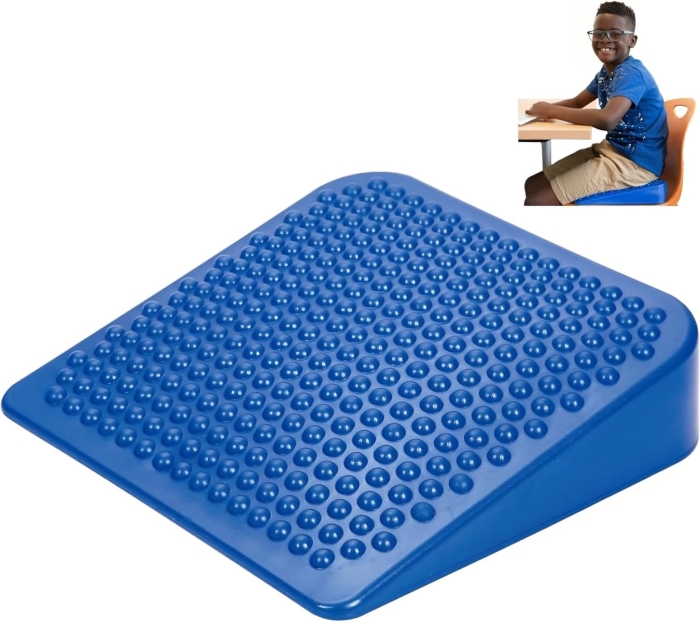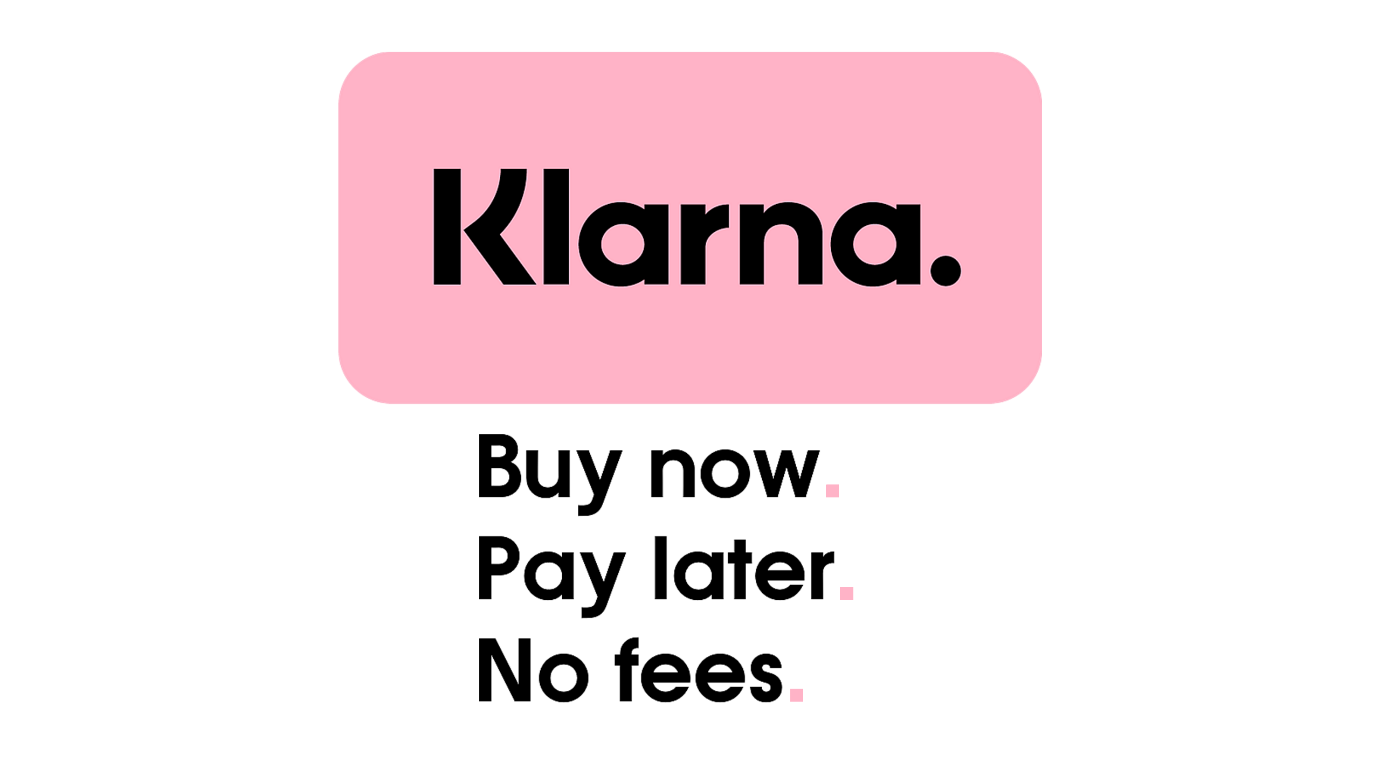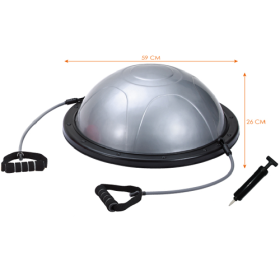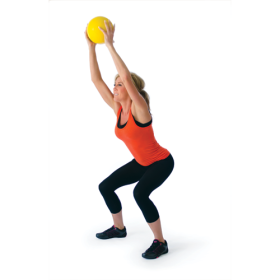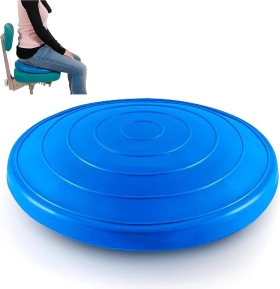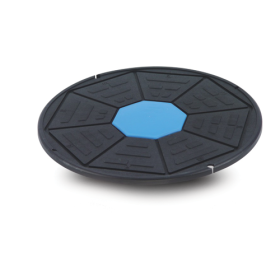Physioworx Teen Wiggle Seat - Inflatable Wobble Cushion for Active Learning
Product Description
Physioworx Sitting Wedge:
- Helps Teenagers Stay Focused - Inflatable seat wedge wiggle seat helps absorb children's and teenagers energy and allows them to sit still for long periods, helping them to stay focused in the classroom. comfortably.
- Good Quality: these flexible seats are made of quality PVC material, sturdy and explosion proof; It has enough bearing capacity to support the body no matter how heavy.
- Concentration Booster: As autism sensory equipment, the Wiggle Seat enables students to quietly move while working, increasing concentration and allowing longer focus periods. Active seating can provide ADHD relief, help with sensory needs and even anxiety.
- Effective On Multiple Surfaces: The portable wiggle seat keeps kids stimulated when sitting on chairs, benches, or directly on the floor working from home, in the classroom, or anywhere in between.
- Corrects Posture: Using our wedge cushion, children can maintain a healthy posture and avoid back pain. This ergonomic, latex-free portable Wobble Cushion can be adjusted to by releasing air or inflating with an everyday pump (not included).
- Non-slip
- Air Filled
- Colour: Blue.
- Max weight: 40kg (approx.)
How do Sensory type seats work - what are the benefits?
Seat cushions can potentially be helpful for some individuals with Sensory Disorders, but their effectiveness can vary from person to person. Here are ways in which seat cushions might assist:
Improved Comfort: Seat cushions can provide a more comfortable seating surface, which can be especially helpful for individuals who struggle with restlessness or discomfort in traditional chairs. A comfortable seat can promote better focus and concentration.
Sensory Support: Some seat cushions are designed with sensory features, such as textures or materials that provide tactile stimulation. These can help individuals with Sensory Disorders who benefit from sensory input to stay alert and engaged.
Postural Support: Seat cushions with ergonomic designs can encourage better posture, which can have a positive impact on attention and comfort during extended periods of sitting.
Movement and Fidgeting: Certain seat cushions are designed to allow for subtle rocking or movement, which can help individuals with Sensory Disorders satisfy their need for physical activity without causing distractions to others.
Pressure Redistribution: Seat cushions can redistribute pressure and reduce discomfort for individuals who experience sensory sensitivities or discomfort when sitting for extended periods.
However, it's important to note that the effectiveness of seat cushions for managing Sensory Disorders symptoms can vary. What works for one individual may not work for another. It's essential to consider each person's specific needs and preferences. Additionally, seat cushions should be part of a broader strategy for managing Sensory Disorders in a classroom or work setting. They can be used in conjunction with other accommodations and strategies, such as those outlined in an Individualised Education Plan (IEP) or 504 Plan, to create a supportive and conducive learning or working environment. If you are considering using a seat cushion for Sensory Disorder-related purposes, it may be helpful to consult with a healthcare professional, occupational therapist, or educational specialist who can provide guidance on the most appropriate accommodations for the individual's unique needs.




